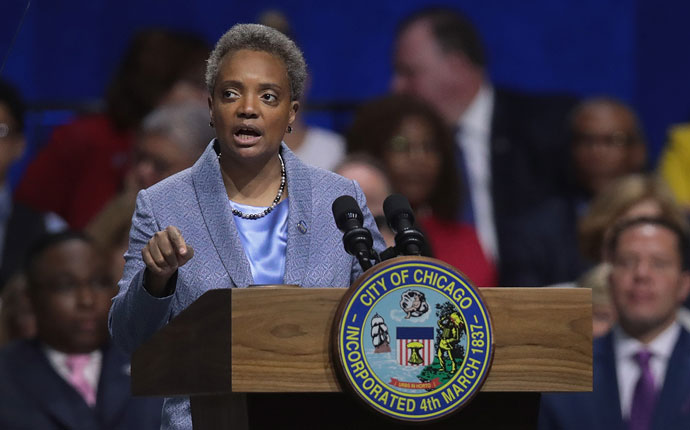Trending
Without real estate transfer tax, Chicago property tax hike might be inevitable

If Lori Lightfoot doesn’t get what she wants in Springfield, she may have to raise property taxes. Or, that’s what a few aldermen think could happen as the mayor tries to plug an $838 million budget gap.
Lightfoot is banking on a graduated real estate transfer tax to generate $50 million in 2020, according to the Chicago Tribune. But lawmakers may not sign off on it or a tax structure for casinos in Chicago, leaving Lightfoot with few great options.
“The mayor indicated during her address that she didn’t fill the budget deficit with a large property tax increase, that she wasn’t going to do that,” said Ald. James Cappelman (46th), according to the Tribune. “But the understanding is she’s going to Springfield to secure some legislation to hopefully avoid a property tax increase. Should a property tax increase be necessary, what’s the outside amount that taxpayers could expect if those efforts in Springfield fail?”
Lightfoot has said she favors reducing transfer taxes for people who sell their properties for $500,000 or less, and gradually increasing the tax. The city says a real estate transfer tax should generate an additional $126 million in 2020.
In a speech last week, Lightfoot urged developers to “step up” and build more affordable housing units. She did not elaborate on how they should go about doing that. [Chicago Tribune]




